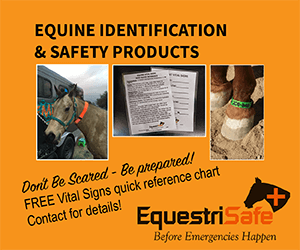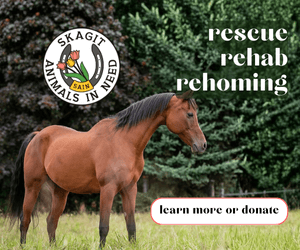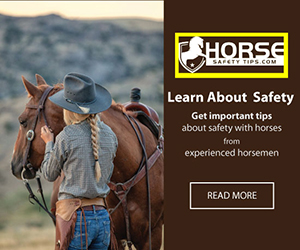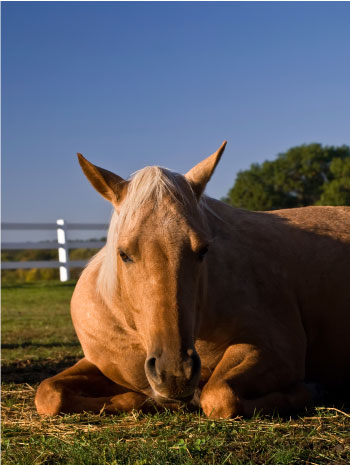 The number one killer of horses other than old age is colic. If you search “equine colic” on the World Wide Web, over 400,000 results will appear! Many of them explain colic as a common yet potentially deadly disorder of the digestive system with a wide array of causes.
The number one killer of horses other than old age is colic. If you search “equine colic” on the World Wide Web, over 400,000 results will appear! Many of them explain colic as a common yet potentially deadly disorder of the digestive system with a wide array of causes.
To understand why the domesticated horse is prone to colic, it is important to compare how different the life of a modern horse is compared to its wild counterparts − one of the first lessons learned by participants of Equine Guelph’s Colic Prevention two-week eWorkshop.
Horses in the wild graze for 16-20 hours and travel 8km/day or more whereas modern horses are often confined to stables or smaller turnout areas, fed concentrate diets and undergo more intensive exercise activity. It is no surprise that the modern use and management of the horse is a huge departure from its natural feeding and activity pattern which can place them at higher risk of digestive issues that can lead to colic. Being aware of these differences and taking preventative measures can minimize their effects and help reduce the risk of colic.
Equine Guelph has two resources available to aid you in caring for your horse and its approximate 85 feet of digestive tract. The two-week online short course will help you identify risk factors and assess your management in order to implement preventative measures. It is “cheap insurance” at only $75 + hst. Equine Guelph also has a handy healthcare tool which helps you assess your personal risk with the “Colic Risk Rater”. After answering a series of questions, a customized rating for your horse is provided.
Intercity insurance is the generous sponsor of this tool. “Given our decades of experience in insuring horses from coast to coast, we know that colic is one of the highest risk factors in the Canadian herd,” says Mike King of Intercity. “We can think of no better risk management tool to prevent colic than education.”
Knowledge is the best defense when more than 80% of colic cases are management-related. Learn how to reduce your risk in practical ways that you can easily implement.
“This course is a must for all horse owners as knowledge is the first and best defense against colic!” says Natalie Price, Ontario, Canada, Student.
Visit EquineGuelph.ca to sign up for the next Colic Prevention eWorkshop April 11 and take 15 minutes to assess your risk with the Colic Risk Rater healthcare tool.
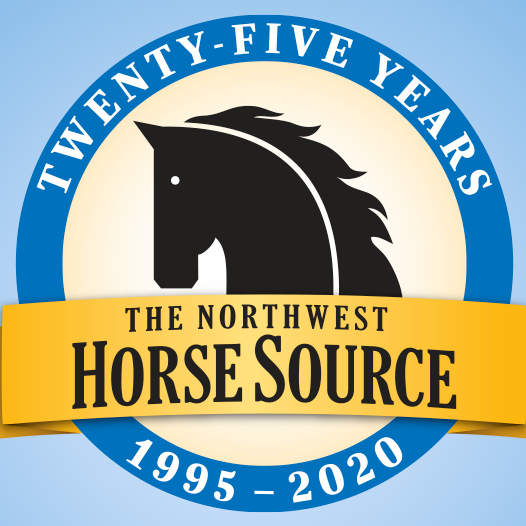
News from the horse industry. Sharing today’s information as it happens. The Northwest Horse Source is not responsible for the content of 3rd party submissions.


